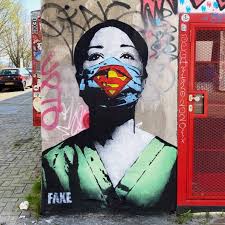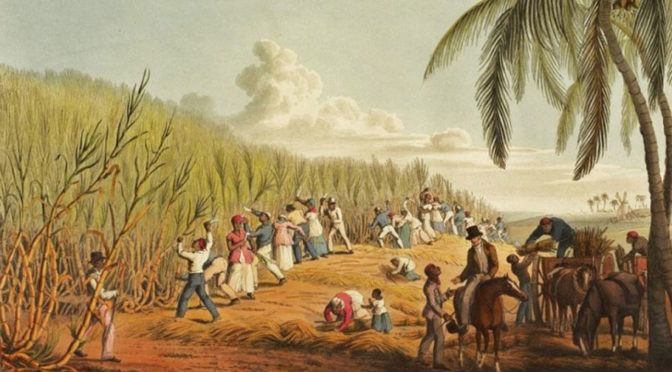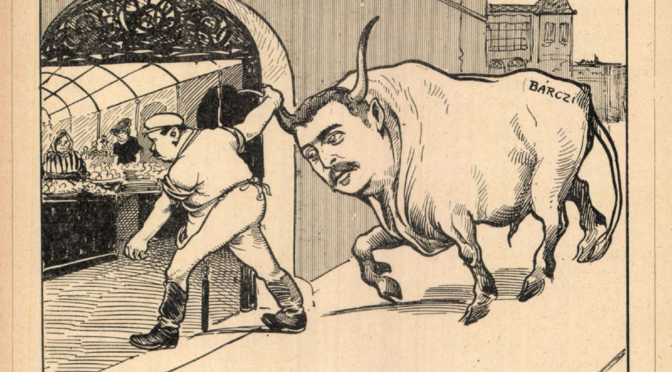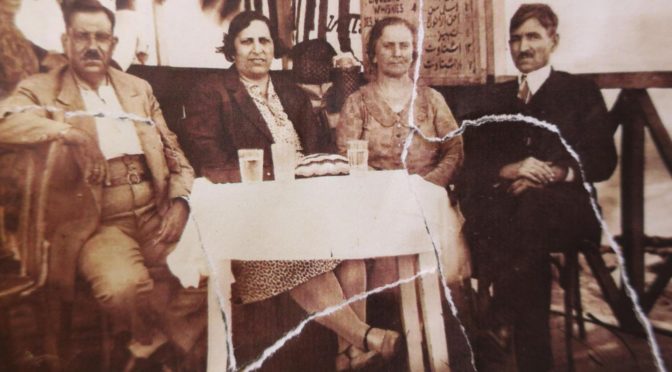Oficiální zahájení projektu TANDEM, realizovaného Michèle Baussant (CNRS, CEFRES), Johanou Wyss (CAS) a Marií Kokkinou (CEFRES) ve spolupráci s CEFRESem, Akademií věd ČR a Univerzitou Karlovou.
Téma: Vzpomínky poražených. “De-imperiální” Evropa: konfederace poražených?
Kdy: pátek 20. listopadu, 9:00 – 12:00
Kde: online
Pro účast na konferenci se přihlašujte pomocí následujícího odkazu: https://us02web.zoom.us/j/81054592971?pwd=UkJjZW90T0lDK0MwNm5PZit2S2U3QT09
Jazyk: angličtina
Účastníci:
Sylvie Démurger, zástupkyně vědeckého ředitele, Evropa a mezinárodní vztahy (CNRS)
Jérôme Heurtaux, ředitel CEFRESu
Taťána Petrasová, členka Akademické rady AV ČR a koordinátorka programu TANDEM na AV ČR
Diskutující:
Catherine Perron, CERI, Sciences Po (Paris)
Valérie Rosoux, vedoucí výzkumu a vyučující na Université Catholique de Louvain
Thomas Van de Putte, post-doktorandský výzkumný pracovník, katedra sociologie, Université de Trente
Projekt nového týmu Tandem je průkopnickou studií o vzpomínkových krajích poražených menšin (fantomatických, materiálních i symbolických), které byly přesídleny či rozptýleny následkem postupném rozpadu imperiálních a mnohonárodnostních celků ve 20. století.
Cílem projektu je nabídnout nový kritický pohled na mnohočetné, přetrvávající a mnohdy propojené formy evropské postimperiální minulosti v oblastech situovaných podél evropských i mimoevropských hranic. Projekt zkoumá různé případy menšin (Němci vyhnaní z východního Pruska a ze Slezska, Evropané z Alžírska, “cizí” či “domácí” menšiny v Egyptě, Portugalci z Angoly či Mozambiku) a je založen na důkladném etnografickém zpracování terénu. Nevídaným způsobem představí vzpomínky odsunutého obyvatelstva a těch, kteří následně obývali či nadále obývají tyto prostory (ve smyslu fyzickém i kulturním). Nabídne tak zrcadlový obraz těchto vzpomínek, často nepřesných, zkreslených či slepých.
Projekt je realizován Michèle Baussant, antrolopožkou a vedoucí výzkumu v CNRS, která je jeho iniciátorkou, a Johanou Wyss, antropoložkou a výzkumnou pracovnicí v Etnologickém ústavu Akademie věd České republiky. Maria Kokkinou, antropoložka a postdoktorandka v Cefresu a na Univerzitě Karlově, je taktéž členkou týmu Tandem.





